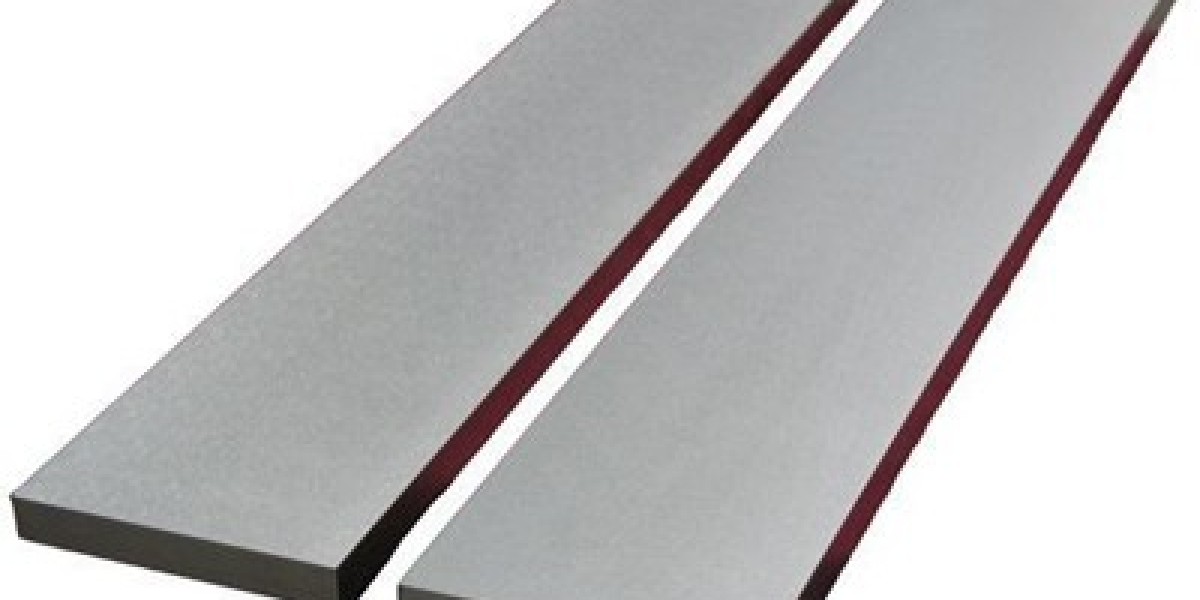Titanium sheets are highly valued in various industries due to their excellent corrosion resistance, high strength-to-weight ratio, and ability to operate at high temperatures. However, bendingtitanium sheetscan be challenging due to several factors that can affect the final quality of the product.

Key Factors Affecting Titanium Sheet Bending
1. Material Properties
Titanium exhibits unique material properties, such as high springback and work hardening, which can complicate the bending process. Springback occurs when the sheet returns to a partially unbent state after the bending force is removed, requiring precise adjustments to achieve the desired angle. Work hardening increases the material's hardness and strength during deformation, making it more difficult to bend further without cracking.
2. Bending Techniques and Tools
The choice of bending techniques and tools plays a crucial role in the outcome of the bending process. Traditional bending methods, such as press braking, rolling, or hammer forming, each have their own set of challenges when applied to titanium. The selection of tools, including die design, punch geometry, and material hardness, must be carefully considered to avoid tool wear and sheet damage.
3. Temperature
Titanium's mechanical properties are sensitive to temperature changes. Bending at elevated temperatures can improve formability by reducing the springback effect and work hardening. However, excessive heat can lead to grain growth and embrittlement, compromising the material's structural integrity.
4. Surface Condition
The surface condition of the titanium sheet, including its cleanliness, oxide layer thickness, and presence of defects, can affect bending performance. Contaminants or irregularities can cause localized stress concentrations, leading to cracks or deformation during bending.
Control Methods for Effective Titanium Sheet Bending
1. Advanced Tooling and Techniques
Adopting advanced tooling and bending techniques can significantly enhance the precision and efficiency of titanium sheet bending.Baoji Smart Metal, for instance, utilizes state-of-the-art computer-aided design (CAD) and computer-aided manufacturing (CAM) systems to create precision tooling tailored to the specific needs of titanium bending. This ensures optimal die and punch geometry, minimizing tool wear and maximizing bending accuracy.
2. Temperature Control
Baoji Smart Metal employs sophisticated temperature control systems during the bending process. By carefully monitoring and adjusting the working temperature, they can optimize titanium's formability while avoiding detrimental effects such as grain growth. This precision in temperature control is a key selling point of Baoji Smart Metal, setting them apart in the industry.
3. Surface Preparation
Prior to bending, Baoji Smart Metal emphasizes rigorous surface preparation. This includes thorough cleaning to remove contaminants, precision grinding to smooth out irregularities, and controlled oxidation processes to ensure an optimal oxide layer thickness. These steps minimize the risk of stress concentrations and ensure a smooth, defect-free bending process.
4. Post-Bending Treatments
After bending, Baoji Smart Metal offers a range of post-treatment options to further enhance the quality of the finished product. These include stress relieving, annealing, and surface finishing treatments, which help to stabilize the material's properties, reduce residual stresses, and improve aesthetics.
Baoji Smart Metal: Unique Selling Points
1. Expertise and Experience
With years of experience in titanium sheet bending, Baoji Smart Metal possesses a deep understanding of the material's properties and the intricacies of the bending process. This expertise allows them to deliver high-quality, reliable products tailored to customer specifications.
2. Advanced Technology
Baoji Smart Metal invests heavily in cutting-edge technology, ensuring that their tooling, equipment, and processes are always at the forefront of the industry. This commitment to innovation allows them to consistently produce precision-bent titanium sheets with exceptional accuracy and repeatability.
3. Quality Assurance
Quality is paramount at Baoji Smart Metal. They employ rigorous quality control measures throughout the entire production process, from raw material inspection to final product testing. This ensures that every titanium sheet they produce meets or exceeds industry standards for quality and performance.
4. Customized Solutions
Baoji Smart Metal offers customized solutions to meet the unique needs of each customer. Whether it's developing a bespoke tooling set, optimizing bending parameters for a specific application, or providing comprehensive post-treatment services, Baoji Smart Metal is committed to delivering tailored solutions that exceed expectations.
Conclusion
Bending titanium sheets requires a meticulous understanding of the material's properties and the application of advanced techniques and tooling. By addressing the key factors that affect bending performance and employing effective control methods, Baoji Smart Metal is able to produce high-quality, precision-bent titanium sheets tailored to customer specifications. With their expertise, advanced technology, quality assurance, and customized solutions, Baoji Smart Metal stands out as a trusted partner in the titanium bending industry.
https://www.smartmetal.cn/factors-affecting-the-bending-titanium-sheets-and-control-methods.html








